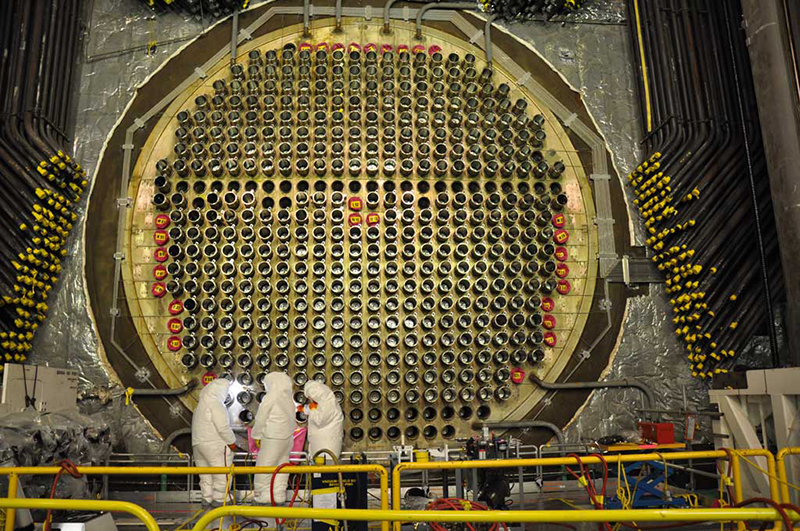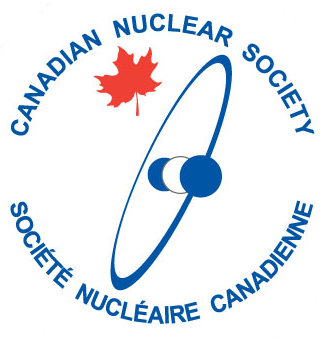Pressure Tubes and Dispositioning Emergent Issues

This week the Globe and Mail published an article suggesting that CANDU pressure tubes “are deteriorating faster than expected” and that “Critics warn regulators are ‘breaking their own rules’”.
You can read it here https://www.theglobeandmail.com/canada/article-canada-nuclear-power-plants-candu-tubes/ if you have a subscription to the Globe and Mail.
This is not a new story, it has been reported on before and as you will see has been openly communicated about by Bruce Power as it has developed.
The CNSC quickly responded to the article with this message.
Canada’s nuclear regulatory process is stringent and rigorous. Many of our swift regulatory actions were not clearly explained in the article titled “Nuclear reactor pressure tubes are deteriorating faster than expected. Critics warn regulators are ‘breaking their own rules.” https://www.theglobeandmail.com/canada/article-canada-nuclear-power-plants-candu-tubes/
Following the discovery of elevated hydrogen levels in pressure tubes, the CNSC took immediate and decisive action in response to the discovery of this issue, including the issuance of orders to licensees requiring Commission authorization for the restart of units following outages. The orders also specified inspection and maintenance activities to be completed by the licensees prior to requesting authorization to restart. We provided strong oversight to ensure that no operations could continue if there was increased risk to the public or the environment.
To further strengthen the regulatory response to this issue, the Commission established an independent External Advisory Committee to complement the technical expertise of Commission members and provide objective and impartial expert advice in technical matters related to pressure tubes. This committee was established within days of the issue being discovered.
In addition to our robust oversight and regulatory role, we are and continue to be committed to transparency and public engagement. We conducted multiple public Commission proceedings during which updates and information from licensees and CNSC staff were discussed and evaluated using our meticulous and science-based approach. Throughout, members of the public, stakeholders and interested parties were encouraged to provide oral and written interventions which were all considered by the Commission and the External Advisory Committee.
It has been concluded that pressure tubes and reactor operations are safe.
The professional CNSC staff, as well as the independent Commission to which it reports, are entrusted with the protection of health, safety, security and the environment. We are committed to this mandate, and will continue to never compromise safety.
For information about Commission decisions pertaining to this subject, please visit our website http://www.nuclearsafety.gc.ca/eng/resources/fact-sheets/pressure-tubes.cfm
Bruce Power, have been routinely and proactively providing information on this issue since it was discovered, in what appears to be a fully transparent manner. They have also published a response to the article which can be found here https://www.brucepower.com/2023/01/05/bruce-power-statement-2/ . In it, they note that they were not invited to comment, something that should have been expected in a complete investigative report.
Explaining the technical issues to the public, who are not trained in materials science, fitness for service, and how emerging engineering issues are dispositioned, is difficult and so there is plenty of opportunity for people to see a conspiracy if they are provided incomplete information. Armed with the knowledge of how emerging issues are managed for all engineering structures, including planes, bridges, and buildings as well as reactors, everything described in the article can easily be seen as part of a normal dispositioning process and not the conspiracy that the journalist seems to be suggesting.
Pressure tube fitness for service is a key aspect of the life extension of stations and will be front and center in the licensing hearings for the extension of Pickering’s life. The Canadian Nuclear Society is setting up a committee to develop a communications strategy for pressure tube fitness for service so that if called upon we can provide the public with an independent resource that can succinctly and accurately explain the situation to them.
